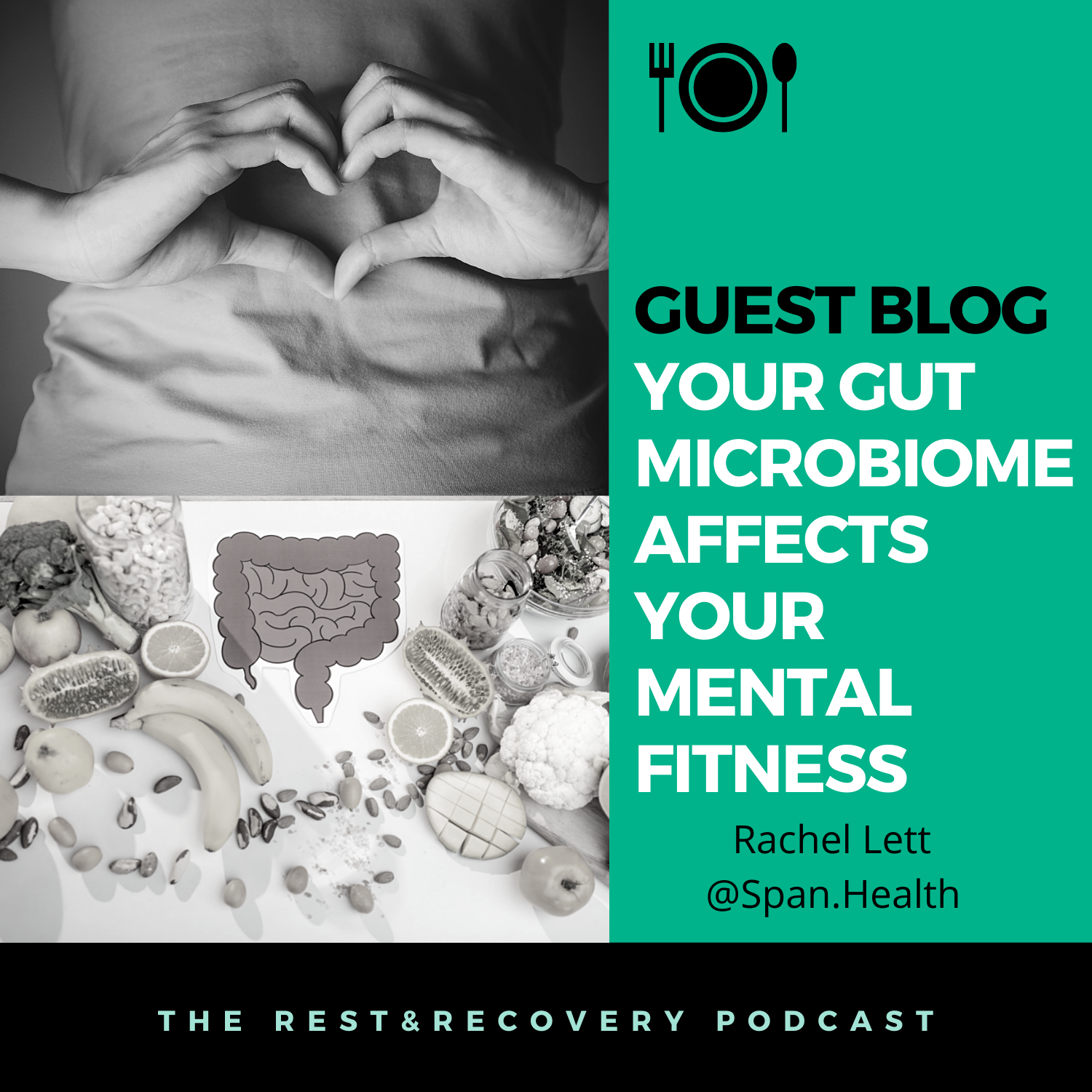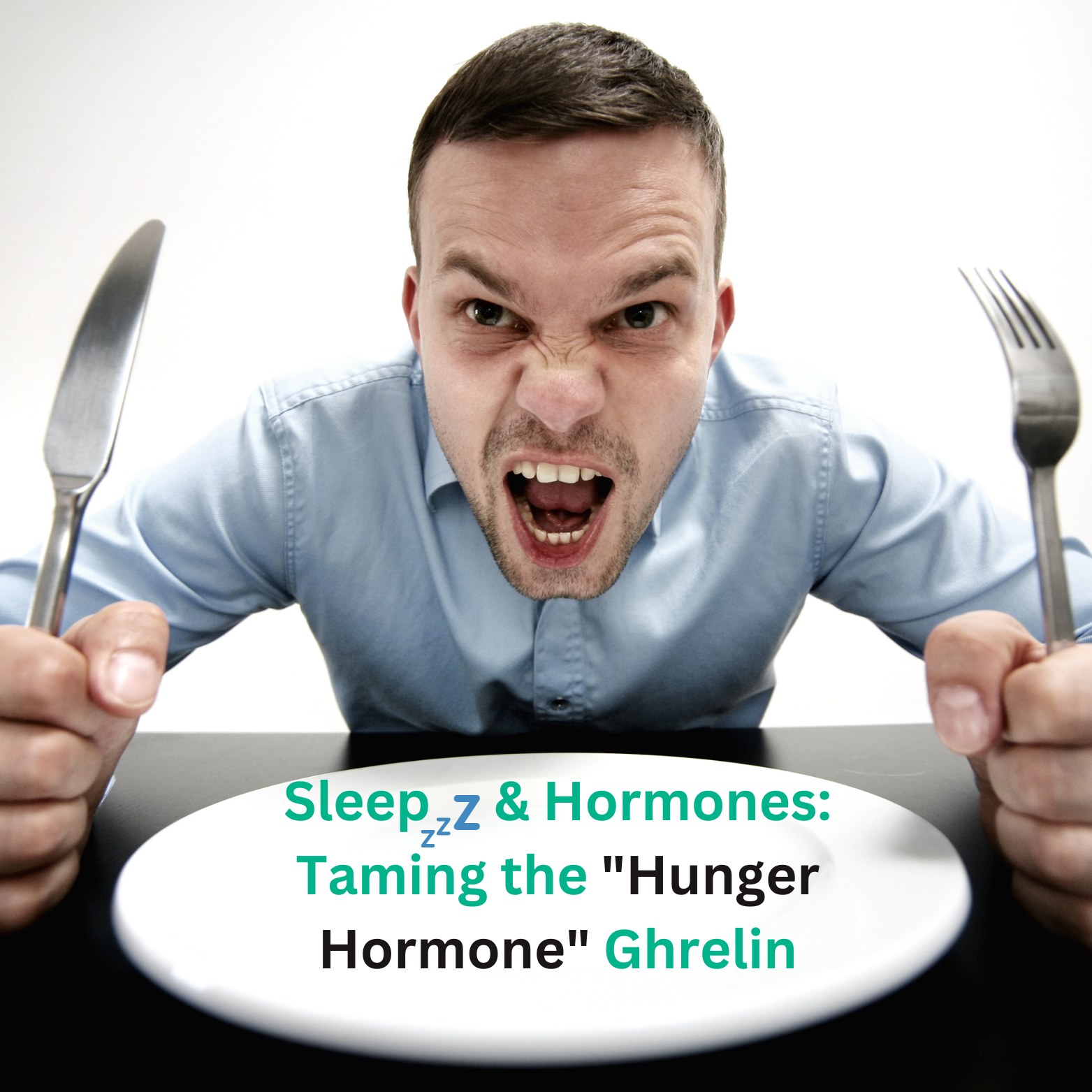Quick Read:
- Your mental and gut health are deeply connected, both physically and biochemically through the gut-brain axis.
- Your microbiome modulates the conversation between the gut and brain by activating the vagus nerve, neurotransmitter, hormones, metabolites and cytokines
- Modern living compromises gut health, but supportive lifestyle changes can adapt the microbiome and optimize mental fitness.
It’s estimated that 4.4% people suffer from depression, and it is the fourth cause of disability, worldwide. While many people are under the radar of clinical depression, they still live with associated symptoms like low mood, loss in interest or pleasure, low libido, trouble sleeping, appetite and weight changes, fatigue, feelings of worthlessness and guilt and difficulty concentrating.
Typically, psychiatric and mood disorders like depression have been viewed as a chemical imbalance in our brain, which is treated with a chemical fix — prescriptions.
However, considerable evidence indicates that our “second brain”, the gut, inhabits trillions of bacteria that influence our thoughts, behaviours, feelings, motivation and pain perception.
Epidemiological studies have shown that 50% of patients with IBS have co-morbidities of depression, anxiety and sleep disorders.
A study called “Transferring the Blues“, showed that transferring faecal matter from individuals with major depressive disorder into rats, trigged behavioural and physiological features of depression.
Although in the preliminary stages, this emerging concept challenges long-held beliefs that poor state of mind is a result of a dysfunctional ‘first’ brain. Instead, disturbances to the second brain could be the source of anxiety and depression. One has to wonder then, is modulating our gut health through diet and lifestyle the prerequisite for optimal mental fitness?
Why is the microbiome so important
The gut microbiome is a strong community of microbes that reside in our gut and weighs 1-2kg — that’s heavier than our brain!
Beyond the task of digestion, the gut microbiome is intimately linked with the immune, endocrine and central nervous systems, which initiates physiological processes.
“A study of germ-free (GF) mice found that the vast majority of chemicals circulating in blood are dependent on the microbiome for their synthesis, although many are subsequently modified by the host.”
Essentially, the microbiome acts like an organ and plays an essential role in keeping us alive. And just like any other organ in the body, if we treat it right, it will keep us humming along.
Like fingerprints, each of us have a unique make up of microbes, which is primarily populated at birth from our mother’s vaginal canal, anal fluids, skin and breast milk. The most dramatic changes to the microbiome occur in early childhood, which is believed to form a blueprint for mental health later in life.
An interesting study showed that manipulating the gut microbiome in newborn mice influenced motor and anxiety-like behaviours, which was associated to changes in brain development. This fascinating finding reveals more about the possible link between early life infections and our adult behaviours.
The microbiome normally stabilises throughout adulthood, however, environment, diet, medicine and disease continuously shape the microbial landscape. In fact, diet changes can significantly alter microbial composition in as little as 24 hours!
When the body is challenged with stressors, the diversity, composition and density of the microbiome shifts towards a dysbiotic state, which causes a mental and physical response.
Research from Bercik et al. showed that administration of antibiotics changed the microbiome of docile BALB/c mice and made them more bold and adventurous.
On the bright side, our microbiome is extremely adaptable. Even if your microbiome has been impacted by antibiotics, diet and stressors, studies show that we can modulate the microbiome to change the fate of mental fitness.
How does your gut talk to your brain?
The second brain, otherwise known as the enteric nervous system (ENS), is a web of 500 neurons that line our digestive tract, from the oesophagus to the anus. The ENS has a two way connection with the CNS, called the gut-brain axis. Have you ever had unpredictable bowels before a big event? Yup, me too. That’s your brain gushing signals to your gut.
The brain relies on the gut to send information because the blood brain barrier, a highly selective semi-permeable border, protects against large particles like toxins and pathogens. The gut on the other hand has a beady eye on everything that passes our lips and how are body responds to it. You can see where I’m going with this, the gut plays a central role in dictating our day-to-day, and dare I say, does most of the heavy lifting for the first brain!
The microbiome plays a starring role in modulating the chatter within the gut-brain axis. We call this the microbiome-gut-brain axis, which connects the gut and brain both physically and biochemically. Conversation from the gut to the brain is mediated through the activation of the vagus nerve, neurotransmitters, hormones, metabolites and cytokines
The vagus nerve
The vagus nerve is the fastest route of communication between the gut and brain. And although this superhighway is bidirectional, interestingly 90% of nerve fibres are afferent, meaning they send signals “up”, from the gut to the brain.
It’s the longest cranial nerve that branches from the stomach and runs through the diaphragm, between the heart and lungs, along the oesophagus and to the brain. The vagus nerve terminates in the brain stem but has direct links to the insula, the limbic system, the prefrontal cortex, the amygdala, the hippocampus and the anterior cingulate cortex, which respectively regulate our desires, addictions, behaviours, emotions, decisions, memory, motivation and learning. This direct connection allows the brain to respond to the state of our gut, which is under the influence of the gut microbiome.
Neurotransmitters
The gut microbiome is capable of making a few key ‘feel good” neurotransmitters — we’ll speak about GABA and serotonin, specifically**.** Remarkably, gut-derived neurotransmitters are functionally different to brain derived-neurotransmitter. They don’t directly enter the brain, but do appear to impact brain functioning.
Gamma-aminobutyric acid (GABA) is an inhibitory neurotransmitter that calms the nervous system and helps control feelings of fear, anxiety and stress.
Specific strain of bacteria species, called Lactobacillus and Bifidobacterium, have been shown to synthesis GABA from dietary glutamate — protein foods like meat are a good source of glutamate.
Additionally, Lactobacillus rhamnosus had a Prozac like effect by reducing anxiety-like-behaviour in genetically anxious mice. The study observed an increase in GABA receptors and reduced cortisol secretions. Interestingly, the effects disappeared when he vagus nerve was severed, which gives us a clue that neurotransmitters like GABA are communicated through the vagus nerve.
Serotonin, is also known as the ‘happiness’ neurotransmitter, which regulates our mood and social behaviour.
It’s estimated that more than 90% of serotonin is produced in the gut, which plays a key role in digestion by initiating peristalsis (bowel movements).
The enterochromaffin cells (ECC) in the gut lining are responsible for synthesising serotonin. This process is modulated by bacterial metabolites — short chain fatty acids (SCFA) and secondary bile acids. In other words, we need the right microbial environment to produce serotonin.
While serotonin doesn’t cross the blood brain barrier, it can communicate with the vagus nerve to send feel good vibes to the brain.
Our serotonin production also depends on the presence of the precursor, tryptophan. Tryptophan is an essential amino acid that we must get from food. Unlike serotonin, tryptophan can cross the blood brain barrier where it is converted into serotonin. Studies have shown that certain microbes can increase bioavailability of tryptophan and thus serotonin production.
Immune and inflammatory response
Our gut is home to 70% of our immune system, housed within the thin, epithelial layer of the gut wall. The mucus producing epithelial cells of the gut lining are connected by tight junctions that create a semi-permeable wall. This creates a barrier against pathogenic bacteria, while allowing the good stuff (like nutrients) to be absorbed into our system.
Our healthy microbes line the epithelial layer and act as a barrier to protect the lining. When pathogens come in their path, they neutralise with anti-biotic/viral/fungal (anti-everything) and engage the immune cells to release cytokines. Cytokines are signalling proteins that regulate the immune response.
The microbiome also supports the integrity of the gut wall by producing a metabolite called short chain fatty acids(SCFA’s), which provides a major source of energy for the gut cells. SCFA deficiency can weaken the intestinal wall and create a “leaky gut”. This allows large food molecules and bacteria to pass through the barrier, into circulation. The immune system recognises these foreign bodies and sparks the release of pro-inflammatory cytokines. Studies have shown that elevated cytokines access the brain and influence mood-related processes which causes behavioural changes and depressive symptoms.
Additionally, elevated pro-inflammatory cytokines activate the HPA axis (hypothalamus-pituitary-adrenal axis), which releases the hormone cortisol. Cortisol’s job is to regulate the immune response, but it can also make you feel anxious. Sudo et al. showed that stressed germ-free mice had an overactive HPA axis, but administration of Bifidobacterium infantis reduced HPA activity.
How can we enhance the microbiome to improve mental fitness?
When you’re feeling low, eating well is likely the last thing you want to do, but it may well be the the very thing that you need to do. Indeed, part of the barrier to eating well might be due to feelings of unworthiness — that you don’t deserve to eat good food and feel great. Recognising that you are worthy of self-care is the first step in helping you take charge of your mental fitness. Here are some simple interventions that can help your microbiome and mind blossom.
1.) Remove stress, chemicals and refined carbohydrate foods that kill off the good guys (bacteria), and promote growth of harmful bacteria and yeasts.
Exercise, meditates and use natural cleaning products, organic food and filtered water when you can.
2.) Repopulate the gut with a diverse range of healthy bacteria.
Eat more probiotic food like apple cider vinegar, kefir, natural live yoghurt, cheese, sauerkraut, kimchi, kombucha and nutritional yeast.
Take a supportive probiotic supplement, if needed.
3.) Nourish healthy bacteria and gut lining with healthy fats, protein and fibre.
Eat more homemade bone broth, green leafy vegetables, butter, ghee, fatty meat, organ meat, bone marrow and coconut oil.
For additional support, use hydrolysed collagen or inulin.
About the Author – GUEST BLOGGER: Rachel Lett is Span Health’s Chief Care Officer In remission from cancer, certified chef and registered nutritionist, expert in metabolic and gut health.





